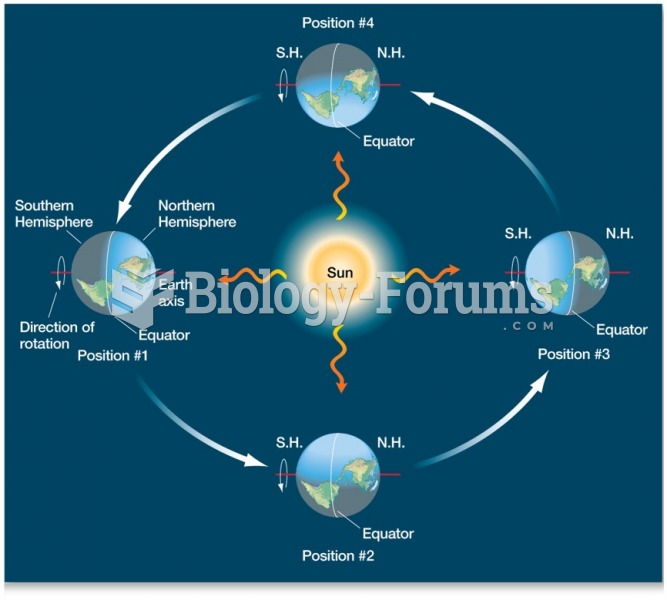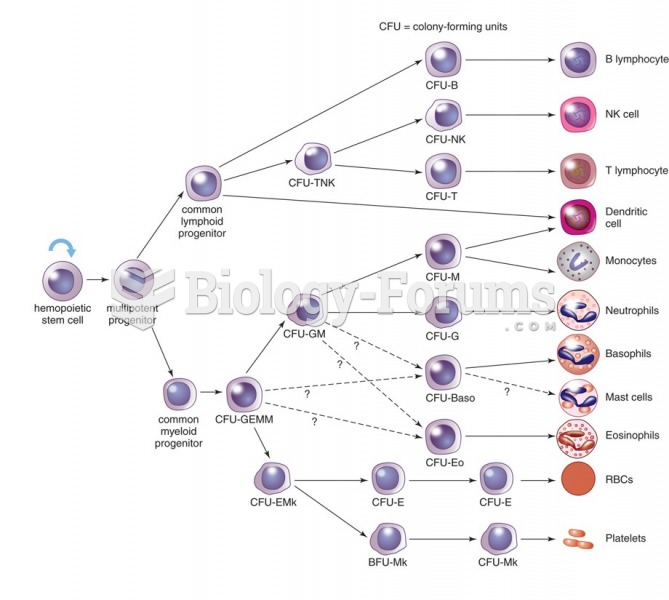Answer to Question 1
Answer: Industries impacted by the Industrial Revolution included coal, iron, transportation, textiles, chemicals, and food processing.
Coal was the source of energy to operate the ovens and the steam engines. Wood, the main energy source prior to the Industrial Revolution, was becoming scarce in England because it was in heavy demand for construction of ships, buildings, and furniture, as well as for heat. Manufacturers turned to coal, which was then plentiful in England.
Iron: One of the first industries to benefit (albeit indirectly) from Watt's steam engine. The usefulness of iron had been known for centuries, but it was difficult to produce because ovens had to be constantly heated. Coal-fired smelters could do this, however, particularly if coal was being supplied from a nearby mine and/or transported to the smelter by steam-powered railroad engineswhich also relied on coal to heat their engines. Steam engines were also used inside coal mines to pump water out of the mines, and therefore allow access to veins of coal.
Transportation: Critical for diffusing the Industrial Revolution. First canals and then railroads enabled factories to attract large numbers of workers, bring in bulky raw materials such as iron ore and coal, and ship finished goods to consumers.
Textiles: Transformed from a dispersed cottage industry to a concentrated factory system during the late eighteenth century. In 1768, with the invention of machines (cotton gins) to untangle cotton prior to spinning, spinning frames were placed inside factories near sources of rapidly flowing water, which supplied the power. Because they resembled large watermills, they were known as mills. As coal became more widely available, steam-powered textile mills began to replace watermills.
Chemicals: An industry created to bleach and dye cloth. In 1746, Roebuck and Garbett established a factory to bleach cotton with sulfuric acid obtained from burning coal. When combined with various metals, sulfuric acid produced another acid called vitriol, useful for dying clothing.
Food processing: Essential to feed the factory workers no longer living on farms. In 1810, French confectioner Nicholas Appert started canning food in glass bottles sterilized in boiling water.
Answer to Question 2
Answer: A







